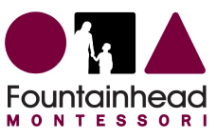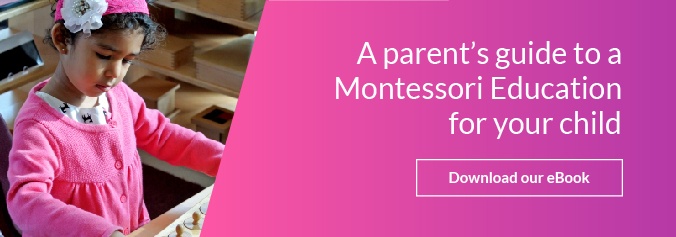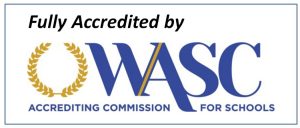Montessori education differs from public education in a number of important ways. If you are looking for an educational program for your child other than public school, consider Montessori. As you learn about Montessori education, you will find that it can provide your child with unique experiences and opportunities. Some of the major ways that Montessori differs from public education include the goals for education, design of the classroom, and the individualized approach to education.
The goals for education
The overarching goal for education, according to the Montessori Philosophy, is to prepare students for success in life. Everything that happens in the Montessori classroom is done with a long-term view in mind. For example, there are processes and activities in the Montessori classroom that are designed to help students develop into independent and self-directed learners. Becoming an independent and self-directed learner will help your child throughout the rest of formal education and in life beyond school.
In public schools, the goals for education are often short-term. For example, goals in many classrooms surround doing well on a particular standardized test. Students learn strategies and content that will help them do well on the test. Students leave knowing how to do well on a specific type of test but may be missing out on skills and knowledge that can be applied in other areas of life. Good test scores are important for public schools but do not necessarily reflect how much students learn.
The design of the classroom
The design of the Montessori classroom is child-centered. Everything is set up to make it easy for students to get the things they need. This means that supplies and learning are easy to access. Students are able to move around and engage in hands-on learning. There is no big desk for the teacher to sit behind. Instead, she spends her time interacting with students.
The typical design of the public school classroom is based on keeping things under control. Desks are set up in rows facing the area where the teacher sits or stands. This makes it easy for the teacher to provide instruction and supervision but does not allow for much hands-on learning.
The individualized approach to education
In the Montessori Philosophy of education, each student is viewed as an individual with unique needs. Because of this, teachers create an individualized learning plan for each student. The learning plans are based on the interests and needs of the individual student. This individualized approach allows each child to move at his or her own pace.
In public schools, the curriculum is designed to meet the needs of the majority. Expectations and lesson plans are based on the average student. This creates an environment where each and every student has access to the same information. Children who are different – either gifted or struggling in some way – often find it difficult to thrive in an environment that is designed for an average student.
It can be difficult to truly understand the differences between Montessori and public education when all you do is read about them. Observing a Montessori classroom can provide you with a firsthand view of what makes Montessori so different from public school. Fountainhead Montessori School regularly offers opportunities for campus tours and classroom observation.












Let us know what you think about this post
Put your Comment Below: